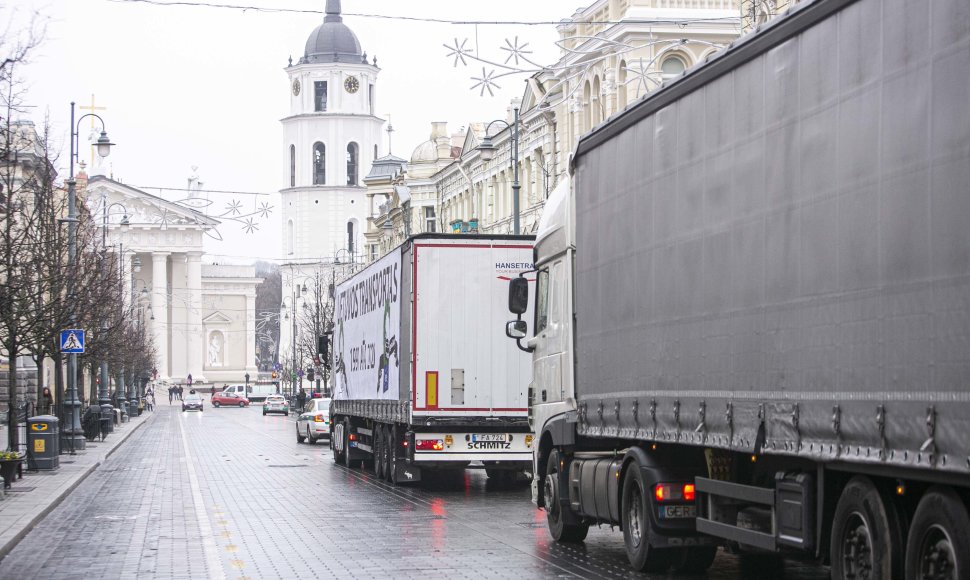At the same time, the EC agrees with the recommendations presented by our country’s hauliers to take further preventative measures, which would reduce the risk of coronavirus spread.
In a letter sent to the hauliers, the EC emphasises that the principles established in the green corridor communiqué would have to be employed by all EU member states. At the same time, the EC requested Lithuanian hauliers to evaluate expected economic consequences and what aid measures the sector expects.
This week, the major Lithuanian haulier associations – the Lithuanian national road haulier association Linava and the International Transport and Logistics Alliance (TTLA) appealed to the EC in writing, urging to uphold maximum contact-free freight transport measures.
According to Linava president Romas Austinskas, during the difficult pandemic period, the transportation of freight is a strategic necessity to supply Europeans with goods. “At the same time, it is important to maintain trade links within the Union and thus support the vitality of national economies. In order to avoid the spread of the infection to the utmost, we have advised to not have drivers exit their vehicles in international transportation, for them to work in their cabins, organise contact-free exchange in documents and temporarily suspend demands for the drivers to stay overnight in hotels,” R. Austinskas notes.
The EC response states that most EU member states already maintain a flexible and simplified work and rest regime. Also, the Commission has called on EU member states to immediately consider the possibility of cancelling for a 30 day period prohibitions for resting in the vehicles’ cabins, as is set out in the work and resting regulations.
According to TTLA director-general Tomas Jurgelevičius, the Commission agrees with another important proposal – to simplify drivers’ home return (repatriation) and back to work procedures, including drivers from third countries. “Driver rotation is in many cases performed by using other means of transport, not the trucks; thus it is crucial to ensure their capacity to travel on the green corridors,” T. Jurgelevičius says.
In response to the Lithuania hauliers’ request to ensure not only the trucks but also drivers’ capacity to cross borders in vehicles other than trucks, the Commission emphasised that travel restrictions and mandatory quarantine must not be applied to transportation staff, who display no symptoms of the virus.
The Commission’s letter to the hauliers clarified that border check procedures must be simplified to the utmost possible: drivers would have to present a personal document, their driving license and a special letter form filled in by their employer.
Also, it was noted that member states are released from the requirement to request transport staff not displaying symptoms to present a doctors’ certificate confirming the state of their health.












